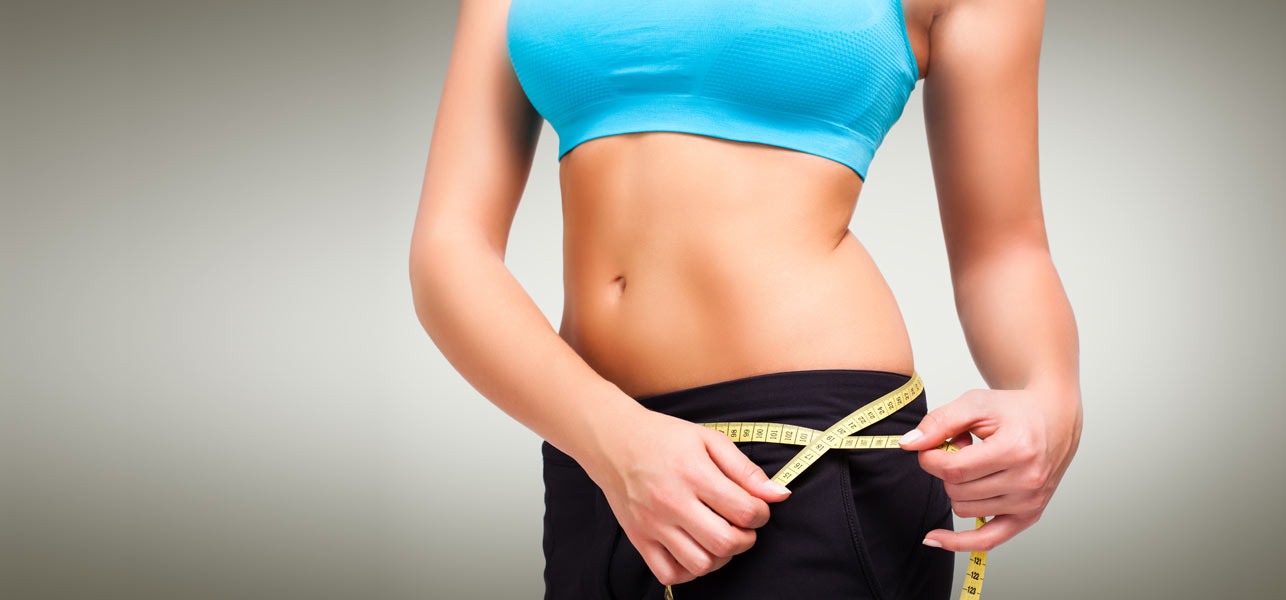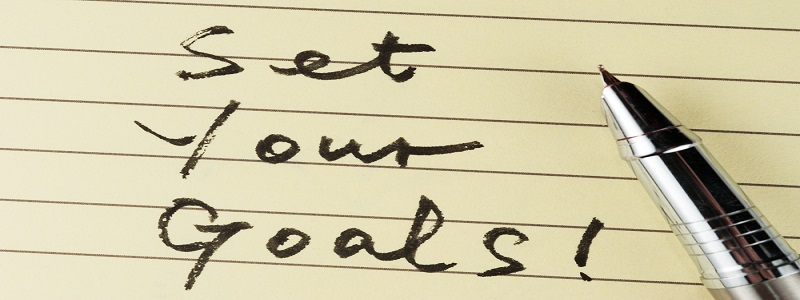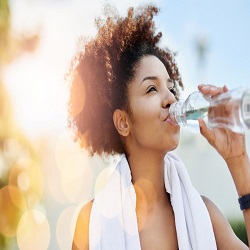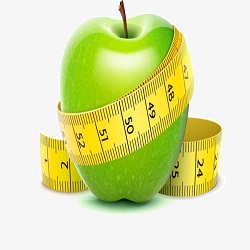Diabetes mellitus (also called diabetes) happens when the pancreas earns less or no insulin at all. Insulin is a hormonal agent that is indispensable for the metabolic process.
The diet offers various nutrients, consisting of carbohydrates. During digestion, the carbohydrates are mostly broken down into glucose. This glucose is taken in into the blood; it is called blood sugar. The hormonal agent insulin guarantees that the glucose can get in the cells from the blood. The glucose acts as fuel in the cells.
If you have been identified with diabetes, your blood glucose level is too high. The treatment of diabetes is focused on enabling the quantity of glucose in the blood to be as regular as possible. If you have the opportunity, you can check the blood sugar levels by means of self-monitoring.
In addition to some other aspects, the level of blood sugar is influenced by your diet.
DIABETES AND OVERWEIGHT
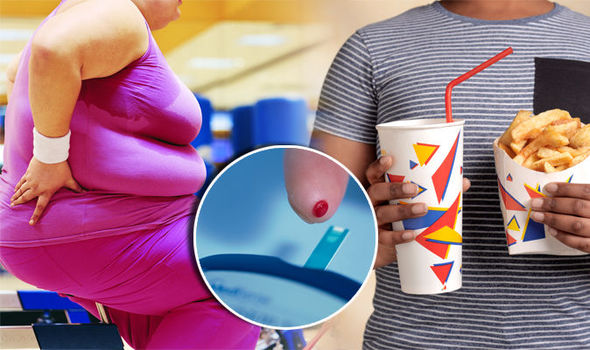

Owing to excess weight, the body becomes less conscious the action of insulin. For that reason, more insulin is required for the exact same effect. In addition, the body needs to produce more insulin to offer the extra body weight of insulin. Due to the fact that the pancreas can not meet the high need for insulin, there is a relative insulin lack.
The objective of dealing with diabetes mellitus is for that reason not just to go for excellent blood sugar levels, however also to recognize weight loss. With a lower weight, the insulin requirement reduces and the body requires less insulin. The insulin shortage is (partially) lifted.
You can check with the dietitian how you can attempt to drop weight.
SWEETENERS
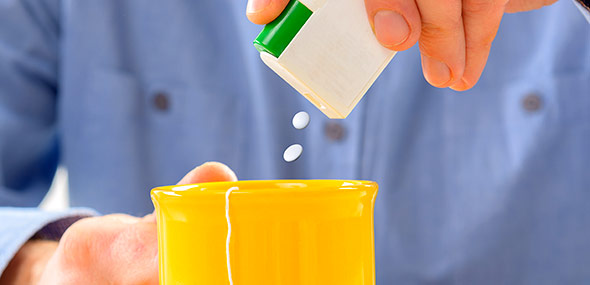

If you are very fond of a sweet taste, you can alternatively use a sugar substitute (likewise called sweetener). Each sweetener has its own particular sweet taste. For user choices (eg heating) and the quantity that can be utilized each day, see the directions on the product packaging.
Sweeteners in unique diabetes items such as biscuits, cakes, and chocolates deliver as much energy as “routine” sugar and the items in which they are processed are often really fat. In addition, these items are costly. Preference is given to similar items with sugar that can be consisted of in the diet.
Sweeteners used in coffee, tea, light soft drinks and dairy items without sugar do not offer energy.
ALCOHOL


For everybody the suggestions are to utilize alcohol in small amounts: particularly not more than 2-3 glasses a day, for women and males respectively. Do not attempt to make an everyday practice of it.
Alcohol has a lowering impact on the blood glucose level. With an empty stomach, this result occurs more quickly than with a complete stomach. The impact can last for numerous hours. If you utilize an alcohol that does not contain carbs, preferably do this with a meal or meal which contains carbs.
Highly sweetened alcoholic beverages, eg liquor, attorney and sweet wine, produce a lot of carbohydrates and often have a blood glucose instead of a lowering effect. You do not always need to consume something that contains carbohydrates. The same applies to beer, despite the fact that it is not sweetened. The carbohydrates in beer come from barley, among the raw products of beer.
In all cases, after a couple of hours, an alcohol can still reduce the blood sugar level and cause a hypo.
Understand that making use of alcohol makes a hypo less obvious.
Which diet in diabetes?
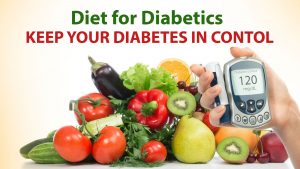

Balanced diet
Diet is an essential element in the treatment of diabetes. It is just as essential as a workout and the consumption of medications. Nevertheless, the principles of the diet plan have actually evolved: it is no longer a diet plan that contains fewer sugars, but a moderately low-calorie diet plan. In fact, the diabetes diet plan is very just like the diet that nutritionists recommend for everyone.
Fewer fats
The quantity of fat should also be lowered. All fats have the same calorific worth (1 g = 9 kcal). However, just saturated fats (meat products, meat and cheese, palm and coconut oil) promote insulin resistance and atherosclerosis (thickening and solidifying of the arteries). Therefore, it is suggested to increase the consumption of fish (even fatty fish) and polyunsaturated and monounsaturated veggie oils.
Which sugars are preferred?
Bread, potatoes, semolina, carrots and naturally sugar themselves increase the sugar content in the blood strongly
Fruit, pasta, rice, sugar (sucrose) increase the sugar content in the blood reasonably.
Fructose, dairy items, legumes (beans, lentils) increase the sugar content in the blood light.
Choice ought to be given to foods that a little increase the sugar content. After all, the increase in glycemia after meals contributes to the increase of the HbA1c and is damaging to the blood vessels. Sweeteners do not increase the sugar material in the blood and are for that reason advised for diabetic clients. If you are searching for a perfect diet plan then checkout our review page.
My Favorite Dieting Program For Diabetic






